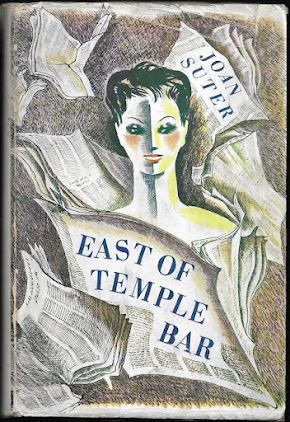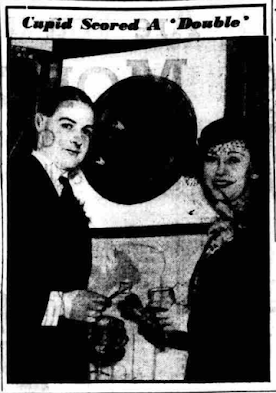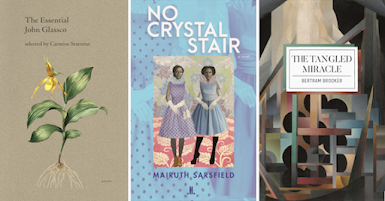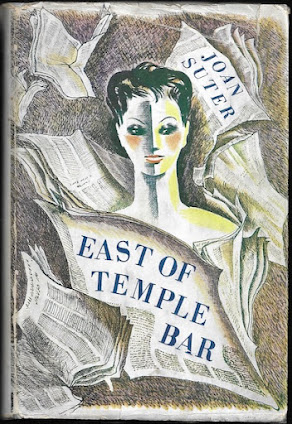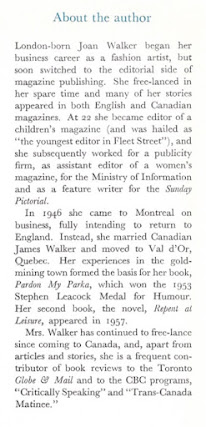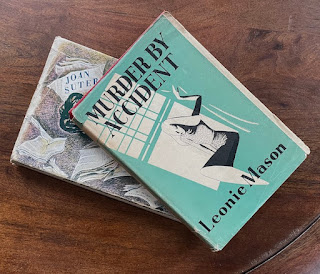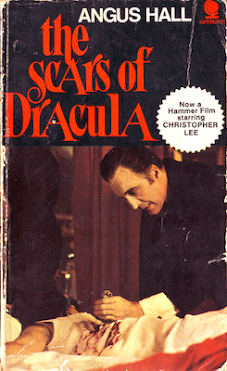After much delay, Canada Reads 2020 has come and gone. Congrats to Samra Habib, whose memoir
We Have Always Been Here won the game show and was crowned "The One Book to Bring Canada Into Focus."
I listened with as much interest as ever, and was surprised to hear from people asking my opinion. This may have had something to do with
"No Country for Old Books," an article I wrote last year for
Canadian Notes & Queries. If so, the head doth swell.
As in other years, my thoughts take the form of complaints, like the 2014 decision to focus on the new.
 |
| Canadian Notes & Queries #104, Spring 2019 |
For those keeping track, all but one of the titles in this year's competition was published in 2019, the outlier being Eden Robinson's
Son of a Trickster, which appeared in bookstores in 2017. The average age of a
Canada Reads 2020 title was 13.5 months.
Canada Reads' preference for the front list was something I discovered through a letter CBC Books sent to publishers. An eye-opener, you can read it in
"No Country for Old Books." In researching the game show, I've found CBC Books to be less than forthcoming. Imagine my interest when host Ali Hassan revealed, just yesterday, that
Canada Reads has a style consultant named Tara Williams.
I remind that
Canada Reads is a radio show.
My main quibble with
Canada Reads remains. In its early years, panellists chose the books they wished to promote. In 2002, Leon Rooke, argued on behalf of
The Stone Angel, a novel he'd read many times. The same can be said for Denise Bombardier, who in 2007 championed an old favourite in Gabrielle Roy's
Children of My Heart.
This year, each of the "defenders" revealed that they had not read their respective books before being asked to participate.
We Have Always Been Here was a national bestseller before it made
Canada Reads. It had won a Lambda and had been longlisted of the RBC Charles Taylor Award. The memoir was the subject of a
Globe & Mail feature and a subsequent review. It was a 2019 "Globe 100" title. Published internationally,
We Have Always Been Here was featured on
The Next Chapter, and in the pages of the
Toronto Star,
NOW,
Stylist, and something so distant as the
Tampa Bay Times. CBC Books had been pushing
We Have Always Been Here for more than a year, beginning with its excited 3 June 2019 article
"10 Canadian books coming out in June we can't wait to read."
And yet... and yet, in making her case, Amanda Brugel, its defender, stated: "I wouldn't have been aware of this book until it had been brought to my attention via this competition."
Isn't this a sad state of affairs?
One last thing:
Ali, "The One Book to Bring Canada Into Focus"?
In 2020.
You're a comedian.
Was it too obvious?
Full disclosure: I wanted Eden Robinson's
Son of a Trickster to win.
Related post:










